The film tells the story of Van, a staunch revolutionary soldier. After a long time of meeting her younger brother who was lost in the war, she painfully discovered that her brother, Phuong, was an officer in the Army of the Republic of Vietnam.
The film deeply depicts the ideological opposition between two sisters Van and Phuong in the context of a brutal war, many families have children on two opposing sides. Family conflicts become a mirror reflecting the ideological struggle of the whole nation. When each person has to make their own choice between honor, family love and ideals.
Through the story of Phuong and Van, the film not only recreates the turbulent historical reality but also honors the patriotism and loyalty of those who dare to fight for justice.
Dr. Ngo Anh Dao (daughter of the late People's Artist Thuy Van) and Dr. Ngo Phuong Lan shared about the movie "Noi Gio" in the Cine7 Program. |
Not only successful in building drama and psychological depth of characters, “Noi Gio” also made a strong impression on the audience with sharp, philosophical dialogues. The film won the Golden Lotus Award at the first Vietnam Film Festival in 1970.
Evaluating the film, film critic, Dr. Ngo Phuong Lan, President of the Vietnam Cinema Promotion and Development Association, said: One of the successes of “Noi Gio” is the portrayal of an iconic female character - Van - a woman who is both steadfast and strong but also full of compassion, played by the late People's Artist Thuy Van.
Scene of character Van being tortured by the enemy and having her ten fingers burned. (Photo: Provided by Vietnam Television) |
In the film, Van is a revolutionary soldier. The war took away her entire family, including her younger brother, and most painfully, her son, who was only 3 years old, was murdered in prison. Pain piled on pain, but could never shake the will and determination of that woman. Perhaps that is why “Noi Gio” clearly shows a unique element of Vietnamese cinema - that is “femininity”.
According to Dr. Ngo Phuong Lan, the female character in the film not only represents love, loyalty and sacrifice but is also a symbol of perseverance in overcoming difficulties, representing the qualities of Vietnamese women during the war.
Not a southern girl, born in the north, but People's Artist Thuy Van convincingly transformed into the role of a Ben Tre woman, making the audience think of the image of the "Long-haired Army" associated with the name of female general Nguyen Thi Dinh.
One of the most haunting scenes was when the character Van was tortured by the enemy by burning her ten fingertips. Sharing about this memorable scene, Dr. Ngo Anh Dao - daughter of People's Artist Thuy Van said: "This is a scene that director Huy Thanh requested to be performed only once. My mother's hands were wrapped in bandages, covered with plaster and burned on the outside. There was always someone holding a bucket of water nearby to be ready to rescue her if needed. When I asked my mother if she was scared, she simply replied: No. At that moment, I was Van."
Artist Thu Hang - wife of the late People's Artist The Anh shares about her husband's memorable role - Lieutenant Phuong. |
The film "Noi Gio" was produced in the 1960s, when the war was extremely fierce. Although it depicted the war of the southern people, the film crew had to film at a different location, Quy Cao farm in Hai Phong - where many southern people gathered to go to the north.
When they heard that a film crew was coming to make a film depicting the setting of their homeland, the locals were very happy. Each person contributed to creating the setting, from the thatched houses, the monkey bridges to each chair and each tea set in the house. And thus, a river delta region of Ben Tre was born right in Hai Phong.
The main actors of the film, such as the late People's Artist Thuy Van and the late People's Artist The Anh (as Lieutenant Phuong), also had to spend months in Quy Cao to practice living the life of Ben Tre people.
Artist Thu Hang - wife of People's Artist The Anh said that although the film was extremely valuable at that time, director Huy Thanh was still willing to film 400m of film and then abandon it, because he had not yet chosen a suitable person to play the role of Lieutenant Phuong. It was not until he met People's Artist The Anh that he was truly satisfied. The character of Lieutenant Phuong later became a role of a lifetime, associated with the name of the late People's Artist The Anh in the hearts of many generations of audiences.
As a work adapted from a play, "Noi Gio" carries many characteristics of the stage, the dialogue is neat, concise, and has high philosophical content. Under the direction of director Huy Thanh and the emotional acting of the cast, the dramatic language is "softened" to become natural, authentic, and emotional speech.
According to Dr. Ngo Phuong Lan, it is the refinement in language and depth of thought that has helped "Noi Gio" rise above an ordinary film, becoming a symbol of revolutionary films - where memory, history and humanity are sublimated through art.
"Noi Gio" is not only a film, but also a slice of history bearing the mark of the times. Against the backdrop of fierce war, the film depicts the tormented fates of people, deeply reflecting the ideological struggle between love and ideals.
More than half a century has passed, “Noi Gio” still retains its artistic value and humanistic spirit, becoming a symbol of Vietnamese revolutionary films. “Noi Gio” is reintroduced on Cine7 - Vietnamese Film Memories, an opportunity for today’s audience to learn more about a historical period full of ideals and aspirations for national independence and freedom.
Source: https://nhandan.vn/noi-gio-bieu-tuong-phim-cach-mang-len-song-cine7-post871529.html


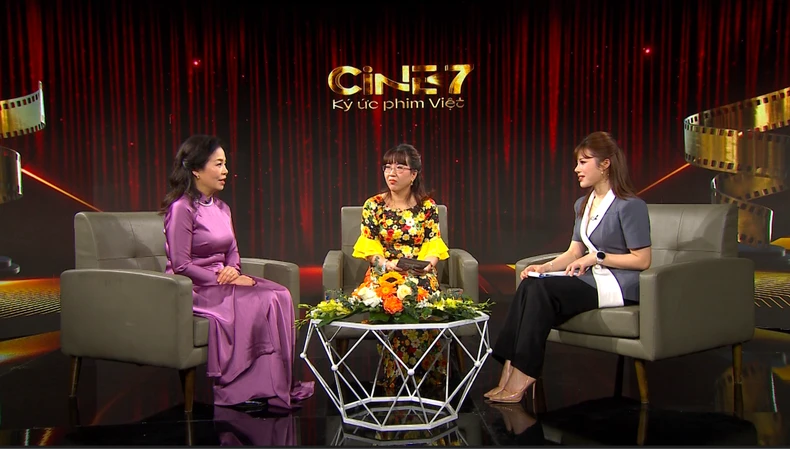
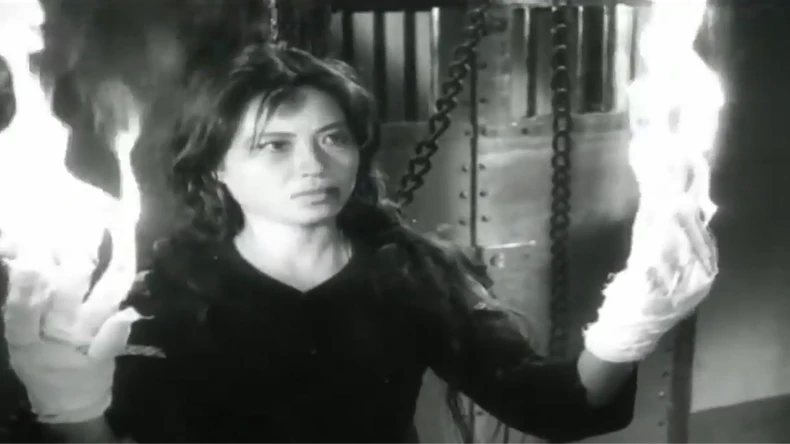
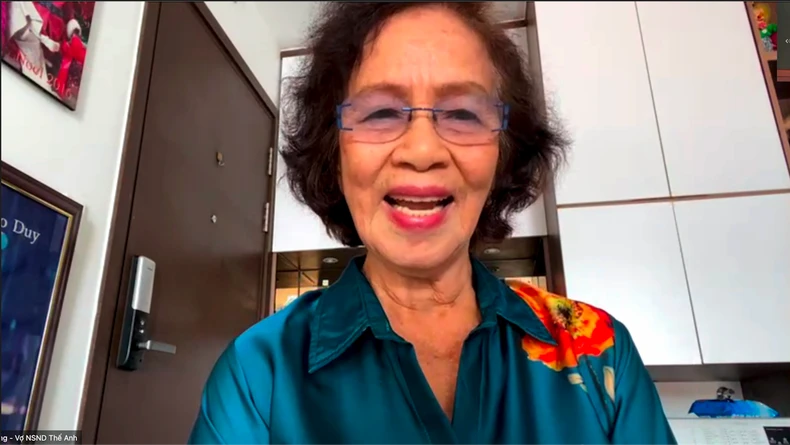
![[Photo] Party and State leaders attend the special art program "You are Ho Chi Minh"](https://vphoto.vietnam.vn/thumb/1200x675/vietnam/resource/IMAGE/2025/5/18/6895913f94fd4c51aa4564ab14c3f250)
![[Photo] Ready for the top competitions of Vietnamese table tennis](https://vphoto.vietnam.vn/thumb/1200x675/vietnam/resource/IMAGE/2025/5/18/9c547c497c5a4ade8f98c8e7d44f5a41)

![[Photo] Many young people patiently lined up under the hot sun to receive a special supplement from Nhan Dan Newspaper.](https://vphoto.vietnam.vn/thumb/1200x675/vietnam/resource/IMAGE/2025/5/18/6f19d322f9364f0ebb6fbfe9377842d3)


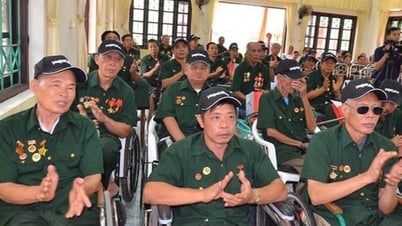

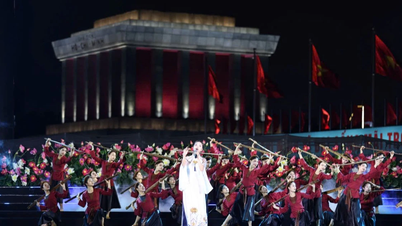
![[Photo] Walking on the royal poinciana flower road in the West](https://vphoto.vietnam.vn/thumb/402x226/vietnam/resource/IMAGE/2025/5/18/f9335355d0744d1593f7e36bc4c7f4b7)

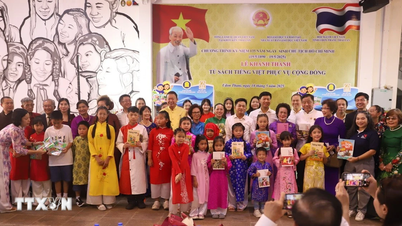

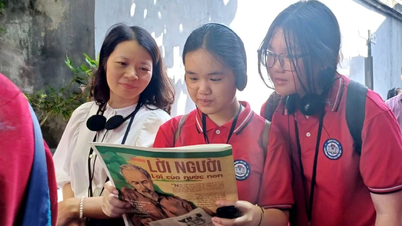




![[Photo] Party and State leaders attend the special art program "You are Ho Chi Minh"](https://vphoto.vietnam.vn/thumb/402x226/vietnam/resource/IMAGE/2025/5/18/6895913f94fd4c51aa4564ab14c3f250)

![[Infographic] Achievements of Vietnamese students at the 2025 International Science and Engineering Fair](https://vphoto.vietnam.vn/thumb/402x226/vietnam/resource/IMAGE/2025/5/18/67c3dbcf40744d06bf8164f789fcdc5c)
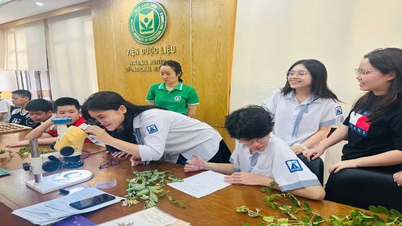
![[Photo] Many young people patiently lined up under the hot sun to receive a special supplement from Nhan Dan Newspaper.](https://vphoto.vietnam.vn/thumb/402x226/vietnam/resource/IMAGE/2025/5/18/6f19d322f9364f0ebb6fbfe9377842d3)
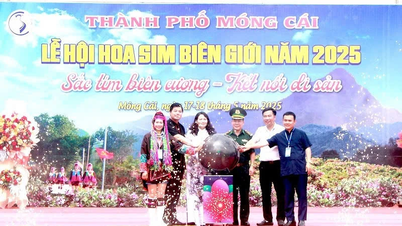



















































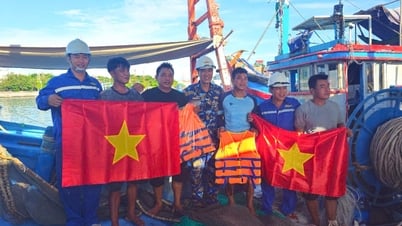

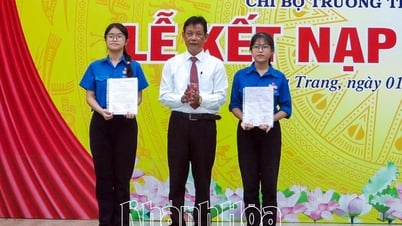
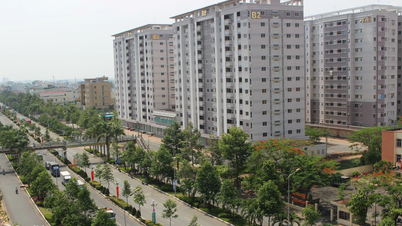












Comment (0)